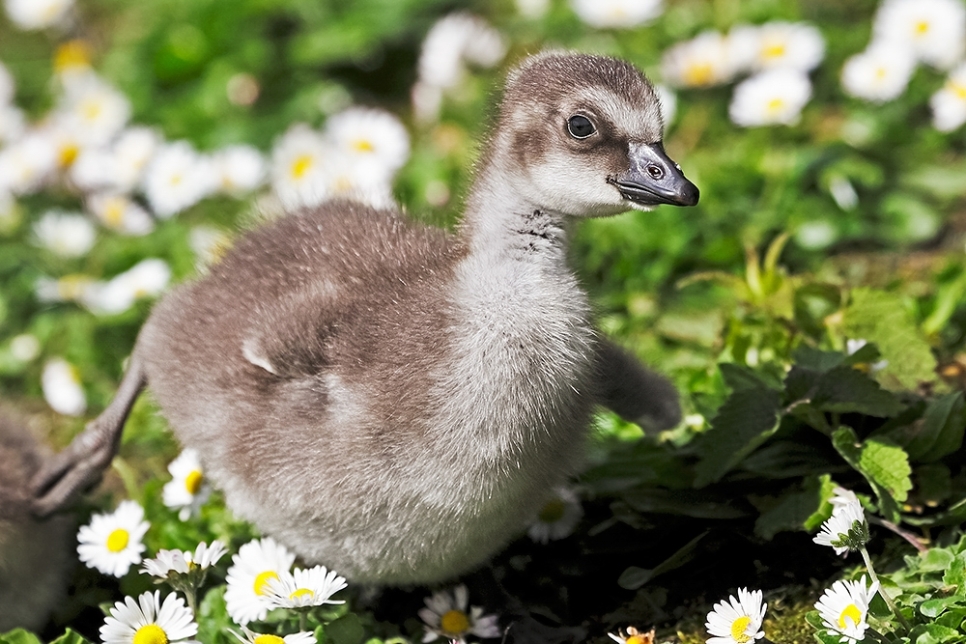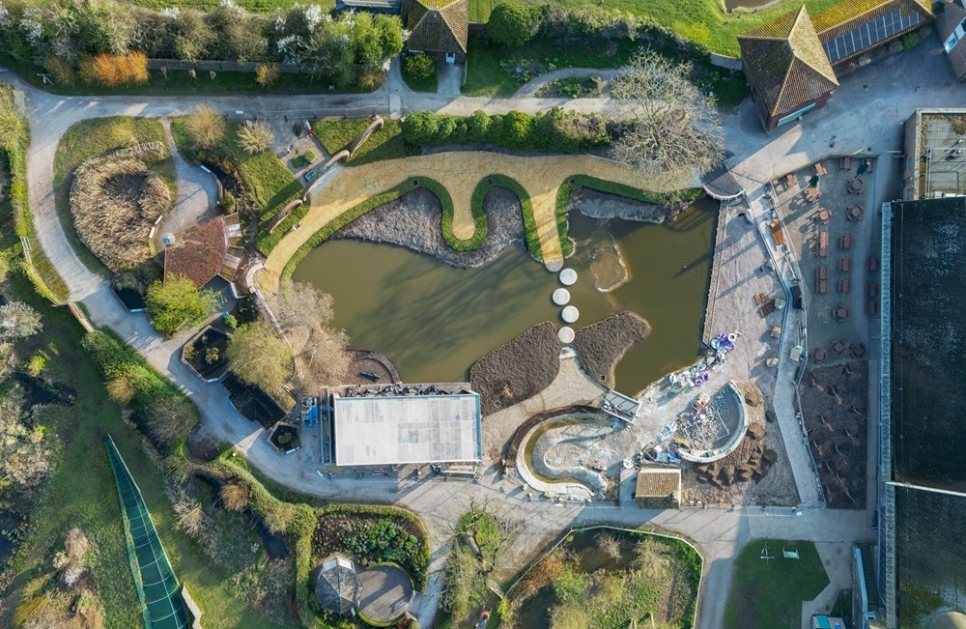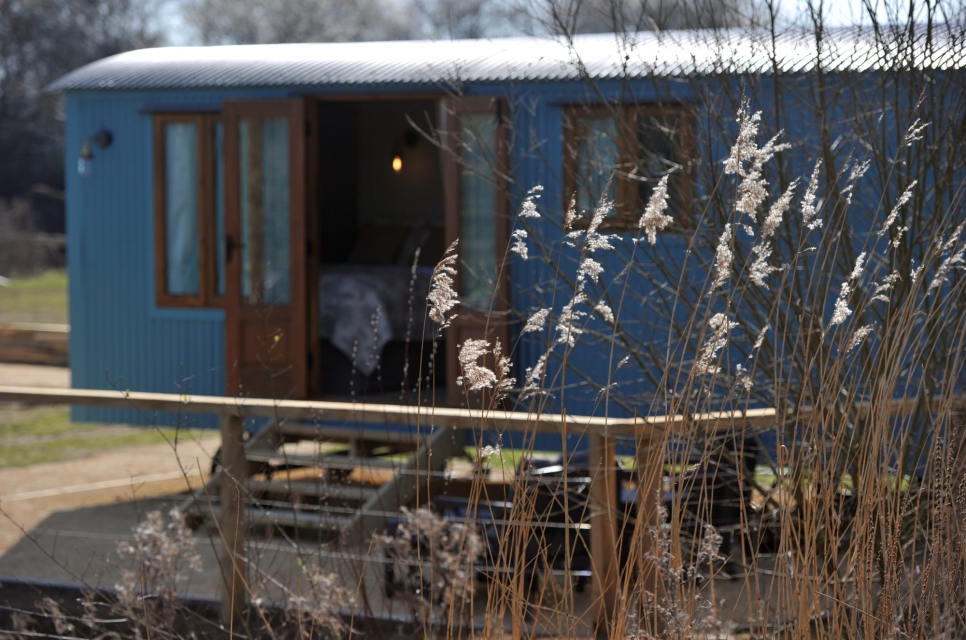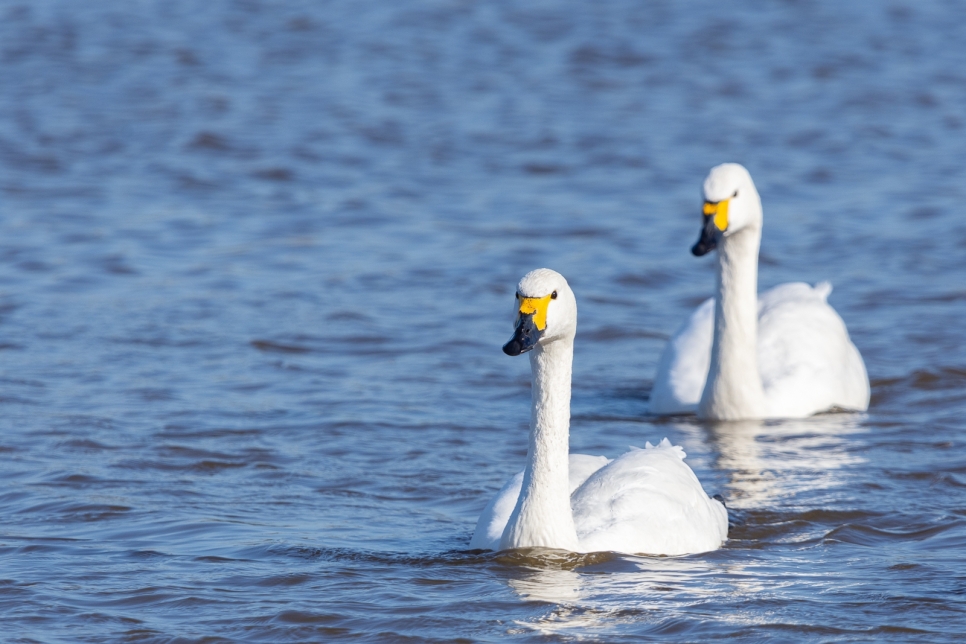Why time outdoors is good for your health
Could your experiences of nature really make you healthier and happier? Ged Cassell finds out how Slimbridge 2020 is exploring the link between wildlife and wellbeing.
Could your experiences of nature really make you healthier and happier? Ged Cassell finds out how Slimbridge 2020 is exploring the link between wildlife and wellbeing.
“Some time ago, we did a piece of research about our visitors and why they come here. We ended up with a list of what marketing people call ‘visitor segments’: groups of visitors who come to our centres for particular reasons.
Some of the groups are easy to spot – like birdwatchers, and families with children. But we also identified a group who we decided to call ‘sensualists’. They come to places like Slimbridge to enjoy being in beautiful surroundings, where the sights, sounds and scents of the natural world help them to feel calm, happy and connected to nature.
We think that some aspects of Slimbridge 2020 will really appeal to these visitors – especially accessing the wild but peaceful spaces of the Severn Estuary.
Getting close to nature can also have important benefits for a wide range of people living with difficult health conditions. The audience at our ‘Next Steps’ event in December 2016 included two people who are recovering from strokes, and a number of people who are facing mental health challenges. They were eager to tell us how much better they feel after a visit to Slimbridge – where they can be surrounded by beautiful plants and animals, and where the only sounds are the calls of birds and the bubbling of a stream.
We’re now working with NHS experts, health charities and people experiencing these conditions to explore how we can help them. We know that providing a quiet, relaxing space, away from the relative noise of the Slimbridge Centre building, would be really helpful for visitors who are recovering from mental health challenges. We’re also exploring opportunities for ‘social prescribing’ – so that instead of simply prescribing more medication, a GP could suggest that their patient spends a quiet half-day with us.
To find out more, we held a ‘taster’ session at Slimbridge for people facing mental health challenges, and for people supporting them. We wanted to give them an idea of the experiences we can provide at Slimbridge and hear their thoughts on how we can meet their needs. The Friday of half term week – probably the busiest day of the year so far! – wasn’t perhaps the best choice of date but we found that even on a very busy day, it’s still not difficult to get away from the crowds at Slimbridge.
We walked among the birds, enjoying the sights and sounds; and visited a hide (opening the windows so we could hear as well as see big flocks of wading birds close up). We then visited the otters before heading to the Peng Observatory to relax and enjoy the swan feed with the warden’s commentary.
Finally, the group talked about their experiences and suggested ways we could make the experience a more relaxing one. Everyone said that they found the visit relaxing and de-stressing; many said that they felt calm, at ease and cheerful, at one with nature and also more at home with other people, overcoming the isolation they often feel. Some expressed an interest in volunteering at Slimbridge.
Now we need to work with our NHS colleagues to agree a process for social prescribing, and find a way to measure and record the health benefits, so we can demonstrate the truth that we probably already know – that wetlands are good for people.”



